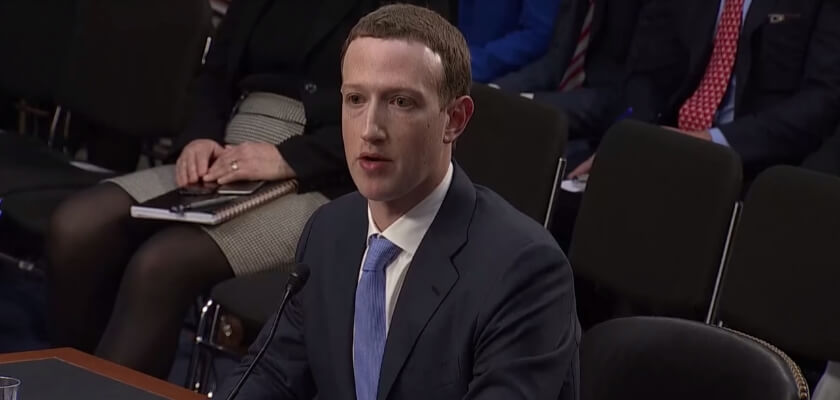According to an article published by the Washington Post, Captain Zuckerberg faces stormy waters again and could be held directly responsible for Facebook’s privacy scandals.
The social media platform is currently under investigation by the FTC over the misuse of data following the Cambridge Analytica scandal: millions of users had their data illicitly harvested and used for political purposes. The Washington Post previously reported that the FTC might be after a multi-million dollar fine for the social network, but so far its CEO had not been targeted specifically.
However, according to the Post’s newest report, after pondering Zuckerberg’s statements the Federal Trade Commission has decided to seek “new, heightened oversight” on Zuckerberg’s responsibilities as a leader. As commented by Oregon’s Senator Ron Wyden to The Post’s reporter Tony Romm: “The FTC should hold Mark Zuckerberg accountable by name in any consent order”.
In 2018, Facebooks CEO stated that Facebook has “[…] a responsibility to protect your data, and if we can’t then we don’t deserve to serve you.
It would seem as Zuckerberg’s public admission of responsibility backfired, making him the main subject of attention.
The investigation aims at assessing whether Facebook’s violated its 2011’s settlement with the FTC, in specific the terms of the “consent decree” that makes the social network responsible for guaranteeing transparency regarding its data policies, with violations punishable by huge monetary sanctions.
It would seem that Zuckerberg has serious reasons to be scared, as the report comes right after another series of revelations, this time published by Business Insider. Facebook has been harvesting emails since 2016 without any permission from the users with the objective of improving ads. “1.5 million people’s contacts were collected this way and fed into Facebook’s systems, where they were used to improve Facebook’s ad targeting, build Facebook’s web of social connections, and recommend friends to add”.
There is fertile ground for trouble. In an era where the power of Big Tech seems almost limitless, Zuckerberg’s case could offer just the right opportunity to send an unequivocal statement to the other giants of the Web.






















